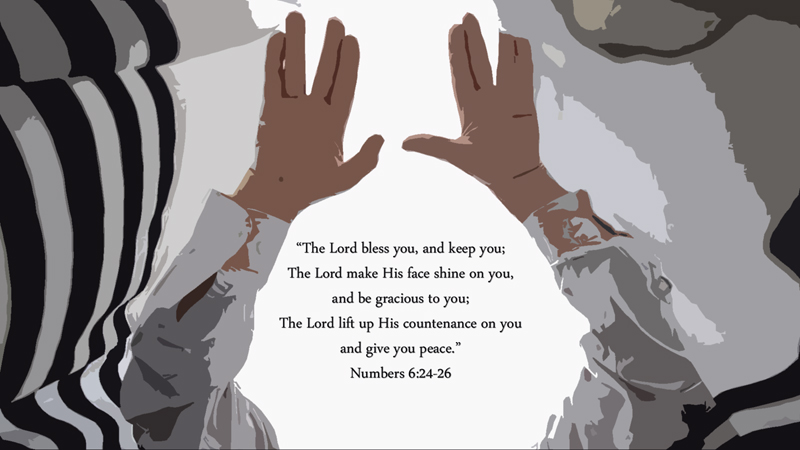 Rather than focusing on the account of Pinchas in Numbers 25, I would like to reflect on the related Scripture recorded in I Kings 18 and 19. This is the account of Elijah fleeing to Mount Sinai while being pursued by Jezebel. We think of Elijah as an awesome and fearless prophet of God, but we see that he possessed very common human traits.
Rather than focusing on the account of Pinchas in Numbers 25, I would like to reflect on the related Scripture recorded in I Kings 18 and 19. This is the account of Elijah fleeing to Mount Sinai while being pursued by Jezebel. We think of Elijah as an awesome and fearless prophet of God, but we see that he possessed very common human traits.
After the powerful confrontation between Elijah and the prophets of Baal at Mt. Carmel, he was threatened by Jezebel, wife of King Ahab. Now we tend to expect our hero to stand up to this threat, but, instead, he ran for his life. Later James would write that Elijah was a man with a nature like ours (James 5:17). This we understand all too well. Indeed, Elijah ran something like 200 miles south to Mt. Sinai. We recall the Word of the Lord to Joshua ben Nun saying;
“Have I not commanded you? Be strong and courageous! Do not tremble or be dismayed, for the Lord your God is with you wherever you go.” (Joshua 1:9)
Evidently, Elijah had forgotten this exhortation. Nevertheless, Elijah was sustained by angels along the way so we know that the Lord had not deserted him.
Eventually, Elijah arrived at Mt. Sinai. At this point, the Word of God came to the mighty prophet; words that I’m sure he did not want to hear. God asked His prophet, “What are you doing here, Elijah?” Elijah’s excuses did not satisfy the Lord, yet, we see that God’s grace was still extended to him. He commanded him to “Go forth and stand on the mountain”. God would reveal Himself to Elijah in a very important way.
We know the account concerning the “great and strong wind”. After the wind, an earthquake, and after the earthquake a fire. These are some of the manifestations which had occurred at Mt. Sinai some 700 years earlier when God revealed Himself to Israel in the days of Moses. Yet now, God was not in any of these manifestations. At this point Elijah heard what is translated as a “sound of a gentle blowing”. Another version translated it as a “still small voice”. The Hebrew expression is still more instructive – “kol demamah dekah” or a “small, silent voice”. This was the Word of God in the heart of Elijah. Again, God asked, “What are you doing here, Elijah?”
Elijah’s career in this space-time frame was ending. He was commanded to anoint the next generation of leadership; Hazael in Damascus, Jehu ben Nimshi in Israel and Elisha as a prophet in his place. But his earthly ministry was ending. We are not told if this was due to his fear of Jezebel or perhaps his incorrect assessment of his countrymen in that he thought he was the sole remaining man faithful to God in Israel. Whatever the case, his career was ending.
Yet, God had a place for Him in the future. God declared to Malachi,
“Behold, I am going to send to you Elijah the prophet before the coming of the great and terrible day of the Lord.” (Malachi 4:5)
We read in the Gospels the account where Moses and Elijah appeared to Jesus and revealed God’s plan for His death in Jerusalem. I expect to see Elijah functioning in an awesome way when the Kingdom of God is finally established.
This should bring hope to each of us who are aware of our human shortcomings. God’s mercy still prevails in spite of our weaknesses. We have a hope for the future. Paul wrote,
“If we have hoped in Christ in this life only, we are of all men most to be pitied.” (I Corinthians 15:19)
The Psalmist wrote,
“Before the Lord, for He is coming, for He is coming to judge the earth, He will judge the world in righteousness and the peoples in His faithfulness.” (Psalm 96:13)
God will yet rule (judge) over the “unruly” human community.
